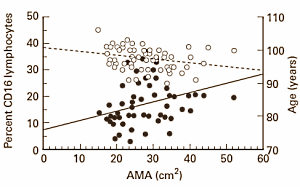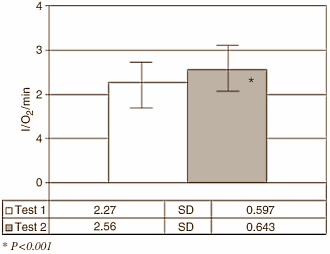|
Definition: "An ergogenic aid is any substance or phenomenon that enhances performance "
|
|
||||||||
29.04.2017 |
|
|
Muscle mass is key factor in surviving incurable cancer
If you ever develop an incurable form of cancer then your amount of muscle mass will determine how many years you still have to live. Moreover, your muscles partly determine the ability of your body to withstand life-extending chemotherapy, write American oncologists in Clinical Cancer Research.
Study
Results

The participants' muscle mass also predicted their chances of survival. All participants who had sarcopaenia had died within a year after starting chemotherapy. Of the women with normal amounts of muscle mass, two years after starting chemotherapy 20 percent were still alive.
Conclusion
The other conclusion seems obvious. "Understanding the importance of sarcopenia and body composition in patients with cancer also highlights the need for timely interventions to increase or prevent further loss of muscle mass during treatment and in survivorship," the researchers wrote. "Intervention research to date has focused on exercise, vitamin D and omega 3 fatty acid dietary supplementation."
Source:
More:
Archives:
|
|
||||||||||||||||




